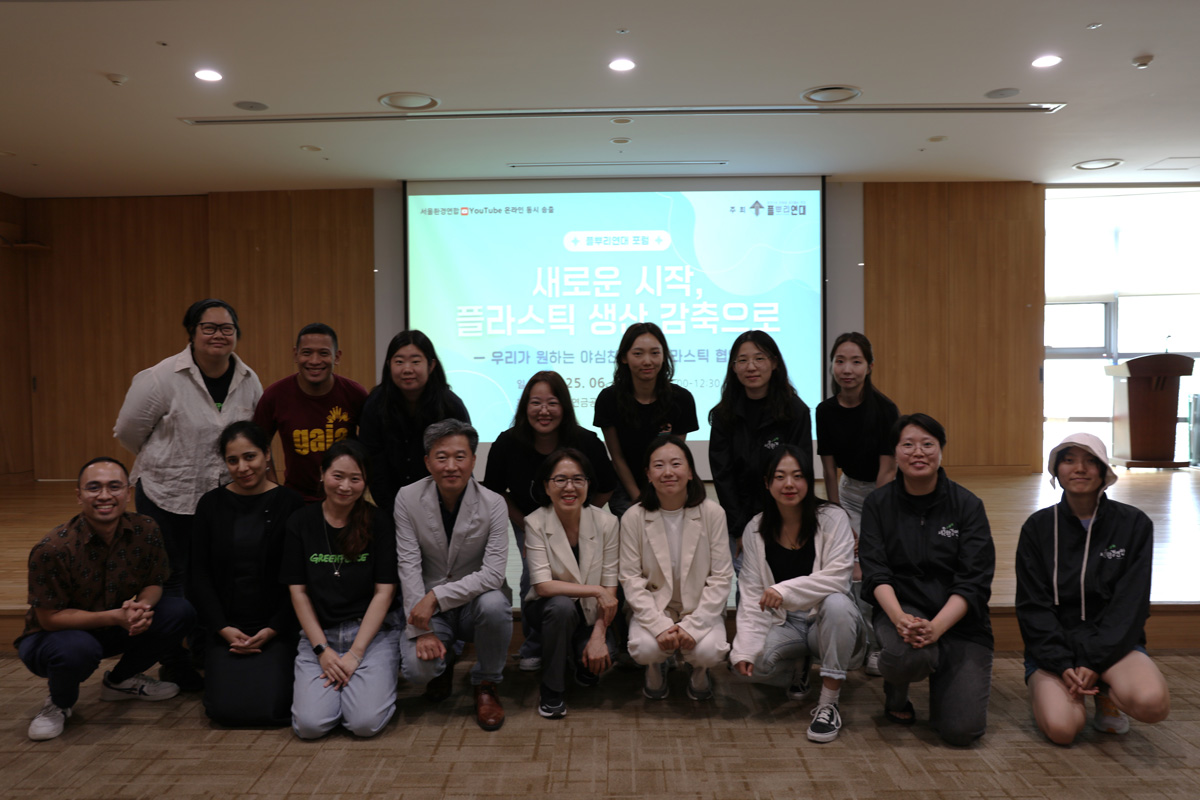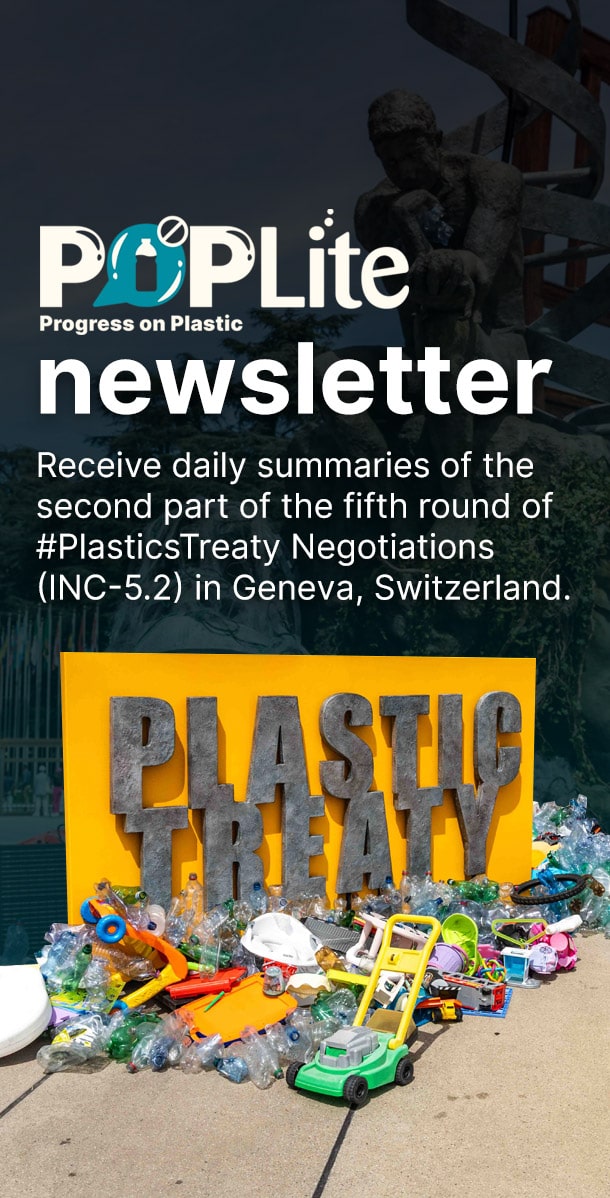On June 4, the forum “A New Beginning with Plastic Production Cut – Towards an Ambitious Global Plastics Treaty” was hosted by Uproot Plastics, a coalition comprised of 16 domestic and international NGOs committed to eradicating plastic pollution. The forum announced for the first time the “Civil Society’s Proposed Text of a Global Plastics Treaty” in time for World Environment Day 2025, which will be held under the theme of "Beat Plastic Pollution”. The slide deck can be found at the following link (https://readmore.do/fZba).
Jongsu Lee, Monitoring Research Team Manager of Our Sea of East Asia Network delivered her keynote speech presenting the results of a microplastics survey conducted by Greenpeace at Jeju Island's Gimnyeong Beach. The survey found that the concentrations of large and medium-sized microplastics were found 4 and 21 times higher than the national average, respectively, and that the main source of pollution was expanded polystyrene (EPS) from fish farm buoys. The concentration of pellets was also more than 10 times higher than the national beach average. "This study shows how plastic pollution is a widespread and complex problem that needs to be addressed at a fundamental level, beyond the management of specific beaches. Plastic waste is generated throughout the entire process of production, usage, distribution, and disposal, and eventually ends up in the ocean. Therefore, the trash accumulated on beaches is only the final surface of marine pollution, but it is a symbolic result that reveals the complex structural problems behind it", said Lee.
Subin Byun from the marine environmental organization Diphda Jeju, continued to her presentation based on data collected through free diving. According to the data on hazardous marine debris collected from January to May this year, 20,532 kilograms of marine debris included 54 syringes, 260 medicine bottles, and 155 other pharmaceuticals. “Marine debris, especially medical plastic waste, is extremely dangerous in terms of its harmfulness and potential to spread, requiring delicate and thorough management. However, it is currently poorly managed, and since it travels across borders along ocean currents, a single country's response is limited. Therefore, an international joint monitoring system is essential, and the only solution is an ambitious international plastics convention,” said Byun.
Next, Won Kim, Director, Wonjin Institute for Occupational and Environmental Health, revealed that the results of the biomonitoring project with citizens showed that “Koreans are contaminated with various environmental hormones due to harmful chemicals used in plastics, and the exposure level is higher than in other countries.” He emphasized that among the environmental hormones that are unintentionally exposed in a condition surrounded by plastics, those that have been proven to be harmful may cause various diseases such as cancer, developmental and reproductive toxicity, sexual precocity, obesity, and diabetes, and so on. Typical hazardous plastics include phthalates, perfluorinated compounds (PFAS), and organophosphorus flame retardants, which, if not adequately protected, can increase the risk of serious illnesses such as sexual precocity, ADHD, breast cancer, and infertility. “Plastics are polluting our planet, and plastic hazards threaten the environment and human health,” said Kim. "Our country is not immune. This is why we need a global ban on plastic production and strict regulation of hazardous plastic substances."
Arpita Bhagat, Plastic Policy Officer for the Asia Pacific region from The Global Alliance for Incinerator Alternatives (GAIA) who has been actively participating in the negotiations for a global plastics treaty, pointed out that “the current draft remains at an impasse without a final agreement and lacks binding force, as well as sufficient measures for chemical regulation, financial support, and effective implementation.” GAIA predicted that “meaningful progress is likely to occur between negotiation sessions, with future discussions expected to address the negotiation timeline and the selection of the chair. The organization also urges that ambitious outcomes will require strong policies, robust financial support, and leadership from countries such as South Korea.”
Finally, Hyein Yoo, Leader of Resource and Circulation Team from Korean Federation for Environmental Movement, and Jeong-eum Park, Leader of Zero Waste Team from Seoul KFEM, presented the “Civil Society’s Proposed Text of an Ambitious Global Plastics Treaty”, which centers on the reduction of primary plastic polymers and common but differentiated responsibilities (CBDR) among Parties. The presented text is based on the Chair's Text, the official basis for the fifth round of the Intergovernmental Negotiating Committee negotiations (INC-5), which was released on December 1, 2024, and is structured to address the entire life cycle of plastics, removing any expressions that would weaken the bindingness of the agreement. In particular, it clearly reflects the principle that "those responsible bear the costs and those most affected are prioritized. Referring to the new government inaugurated on the day, the two emphasized that “in order to implement the plastic-free policy that elected President Jae-myung Lee has promised, South Korea should agree to the Treaty that includes a reduction in plastic production and take a leading role in the international community with ministerial level’s participation to the upcoming negotiations at INC-5.2.”
The forum video and presentations will be available for replay on the following link (https://youtube.com/live/cMkIuuQvQWU). Uproot Plastics will be organizing various activities ahead of the INC-5.2 to call on the new South Korean government to play a responsible role in finalizing an ambitious Global Plastics Treaty.
June 4, 2025
Uproot Plastics Coalition
Action for a Carcinogen-free Korea, Almang Market, Break Free From Plastic (BFFP),
Climate Change Center (CCC), Global Alliance for Incinerator Alternatives (GAIA), Green Korea United (GKU), Greenpeace Korea, Korea Federation for Environmental Movements (KFEM), Korea Zerowaste Movement Network, Korean Women's Environmental Network (KWEN), Our Sea of East Asia Network (OSEAN), RELOOP, Resource Circulation Society & Economy Institute, Seoul Korea Federation for Environmental Movements (Seoul KFEM), Wonjin Institute for Occupational and Environmental Health (WIOEH)
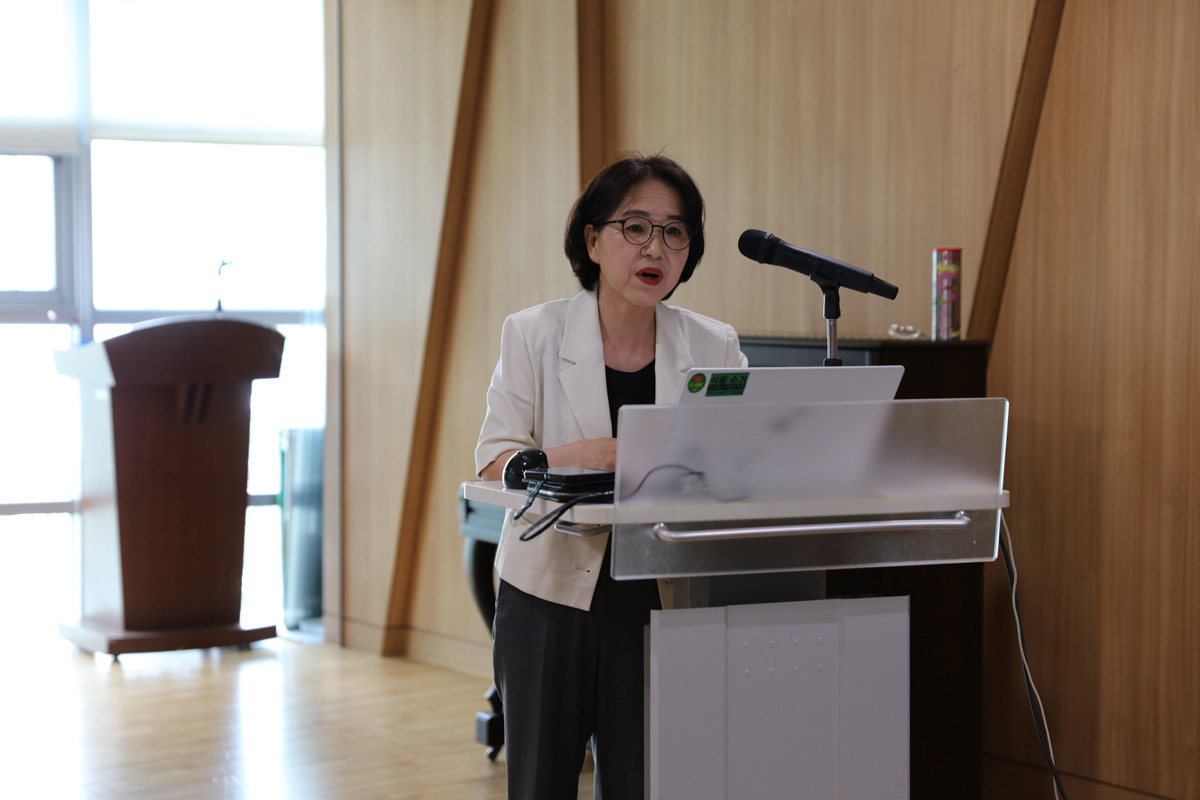
Jongsu Lee, Monitoring Research Team Manager of Our Sea of East Asia Network, presenting the results of a microplastics survey conducted by Greenpeace at Jeju Island's Gimnyeong Beach.
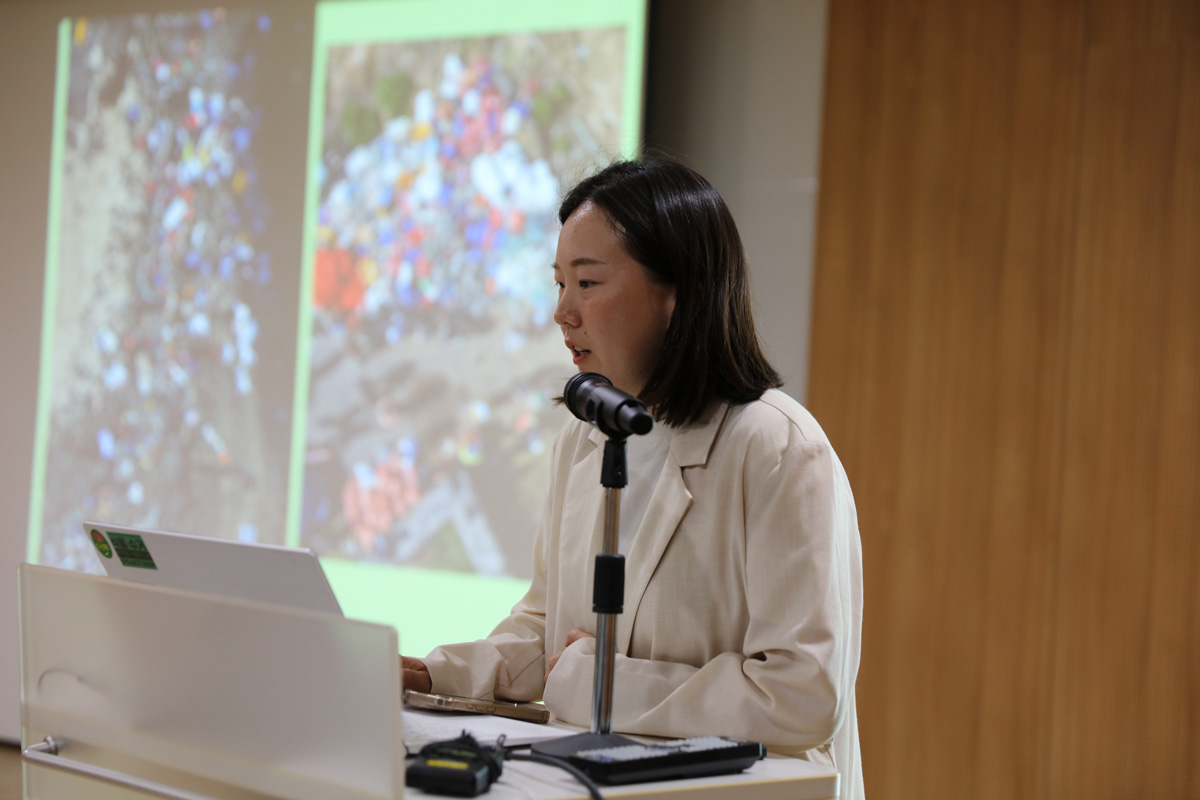
Subin Byun from Diphda Jeju presenting the results of targeted survey on medical waste in Jeju.
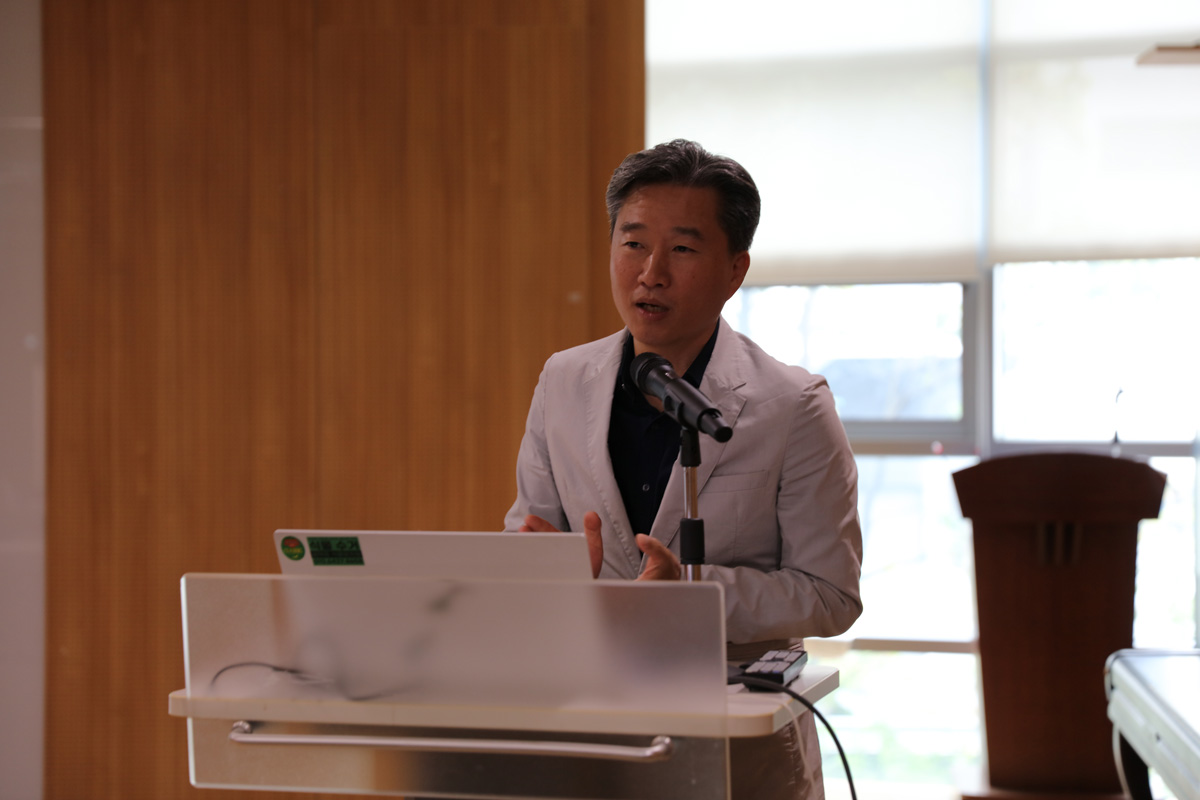
Won Kim, Director of Wonjin Institute for Occupational and Environmental Health, presenting the levels of toxic plastic exposure among Koreans.
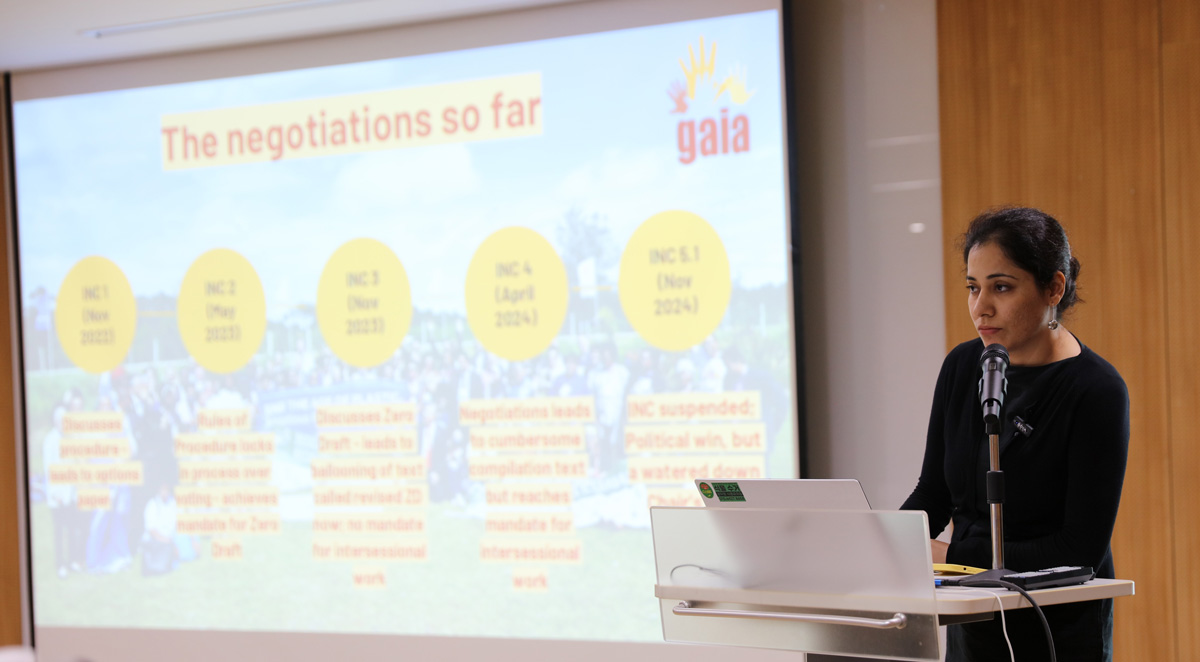
Arpita Bhagat, Plastic Policy Officer for the Asia Pacific region from The Global Alliance for Incinerator Alternatives (GAIA), presenting the global momentum for plastic production reduction.

Hyein Yoo, Leader of Resource and Circulation Team from Korean Federation for Environmental Movement, presenting the first part of the Civil Society’s Proposed Text of an Ambitious Global Plastics Treaty.
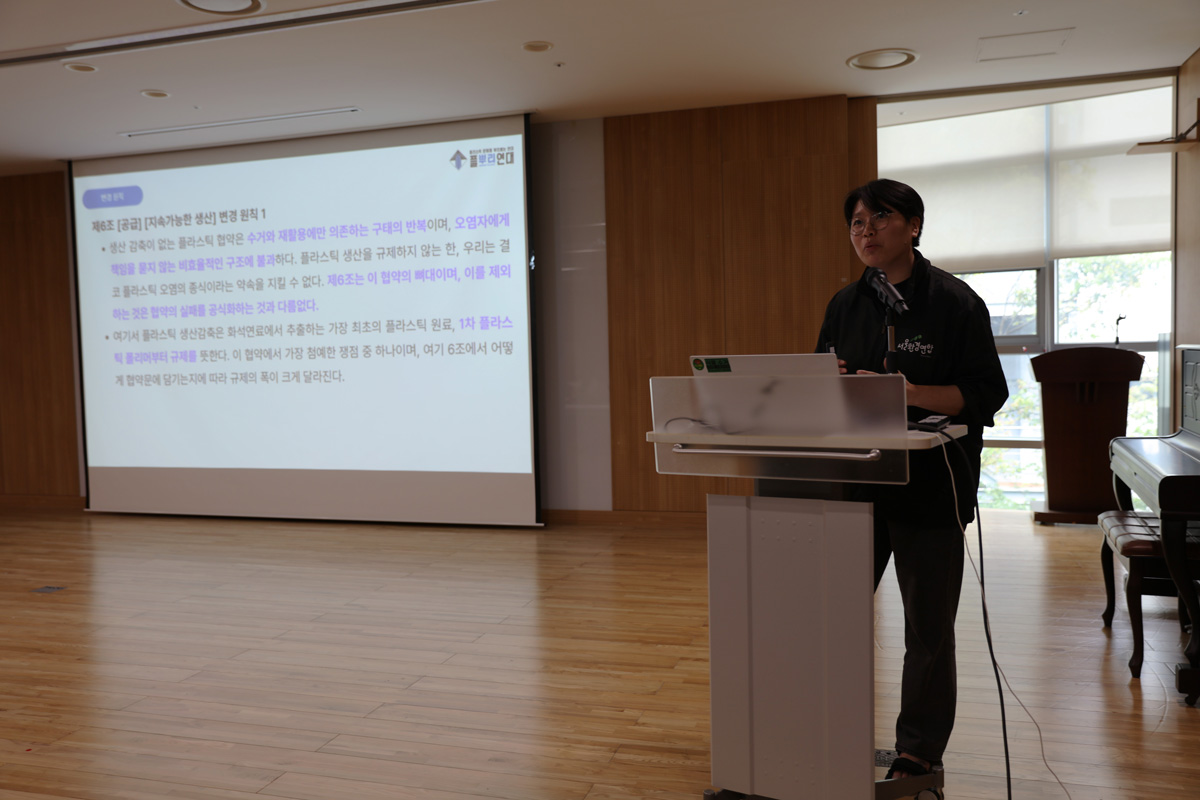
Park Jeong-eum, Leader of Zero Waste Team from Seoul KFEM, presenting the first part of the Civil Society’s Proposed Text of an Ambitious Global Plastics Treaty.

